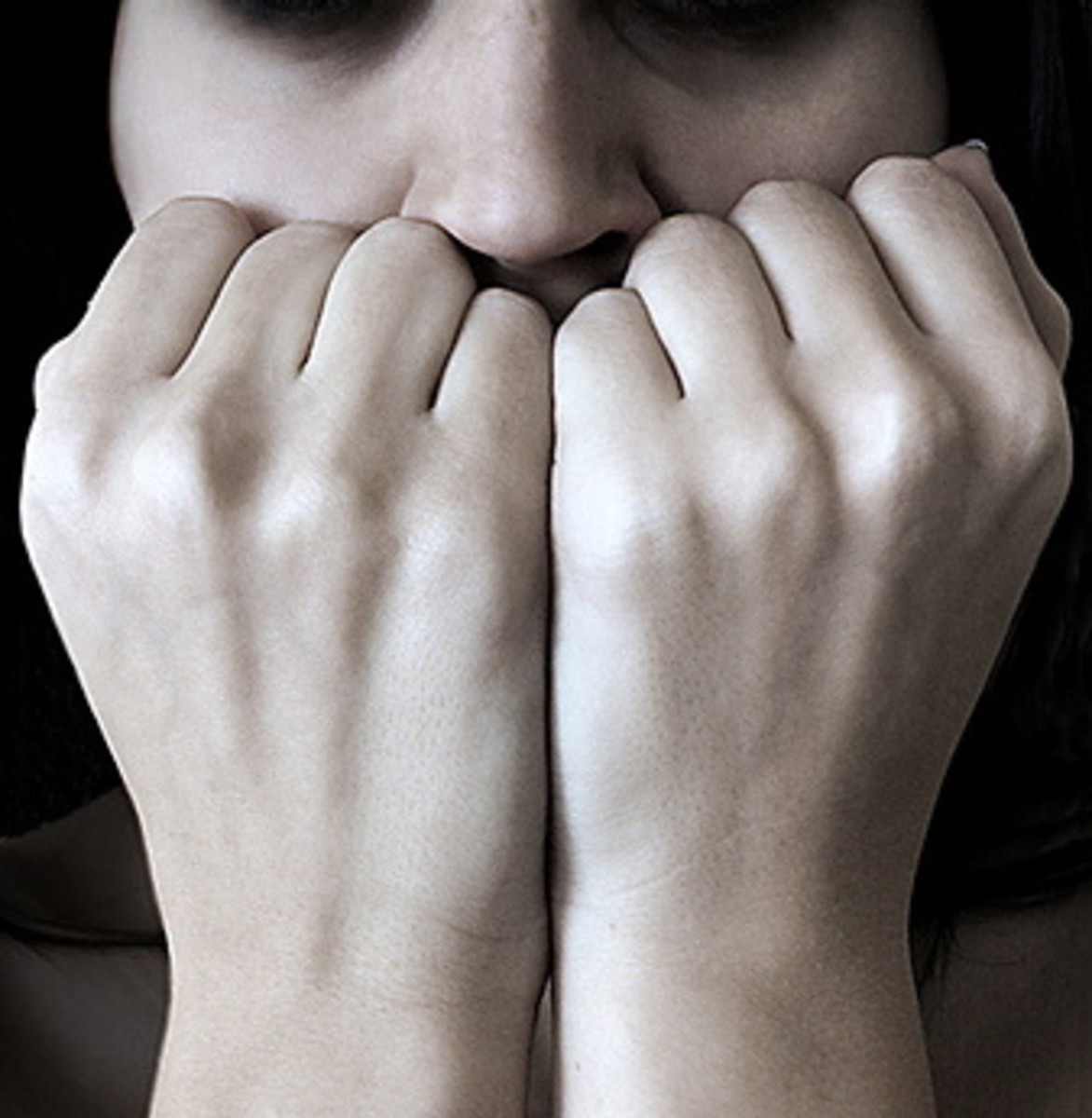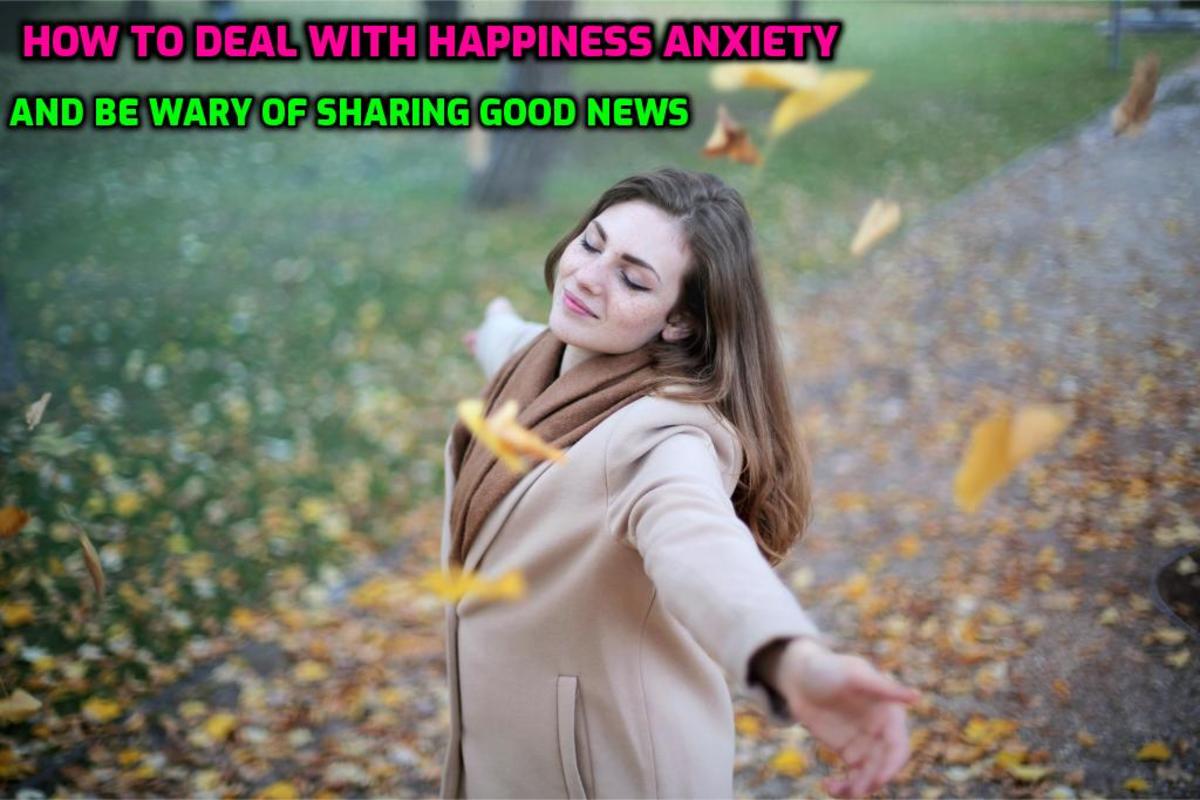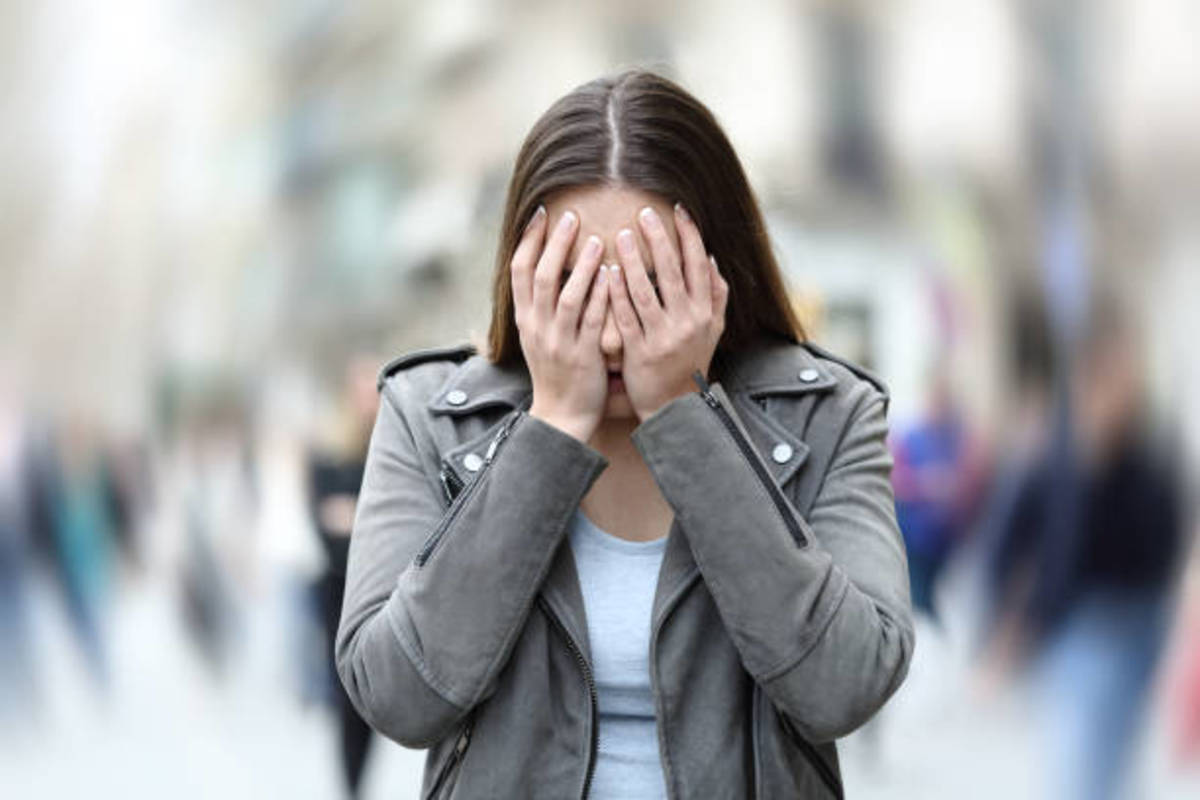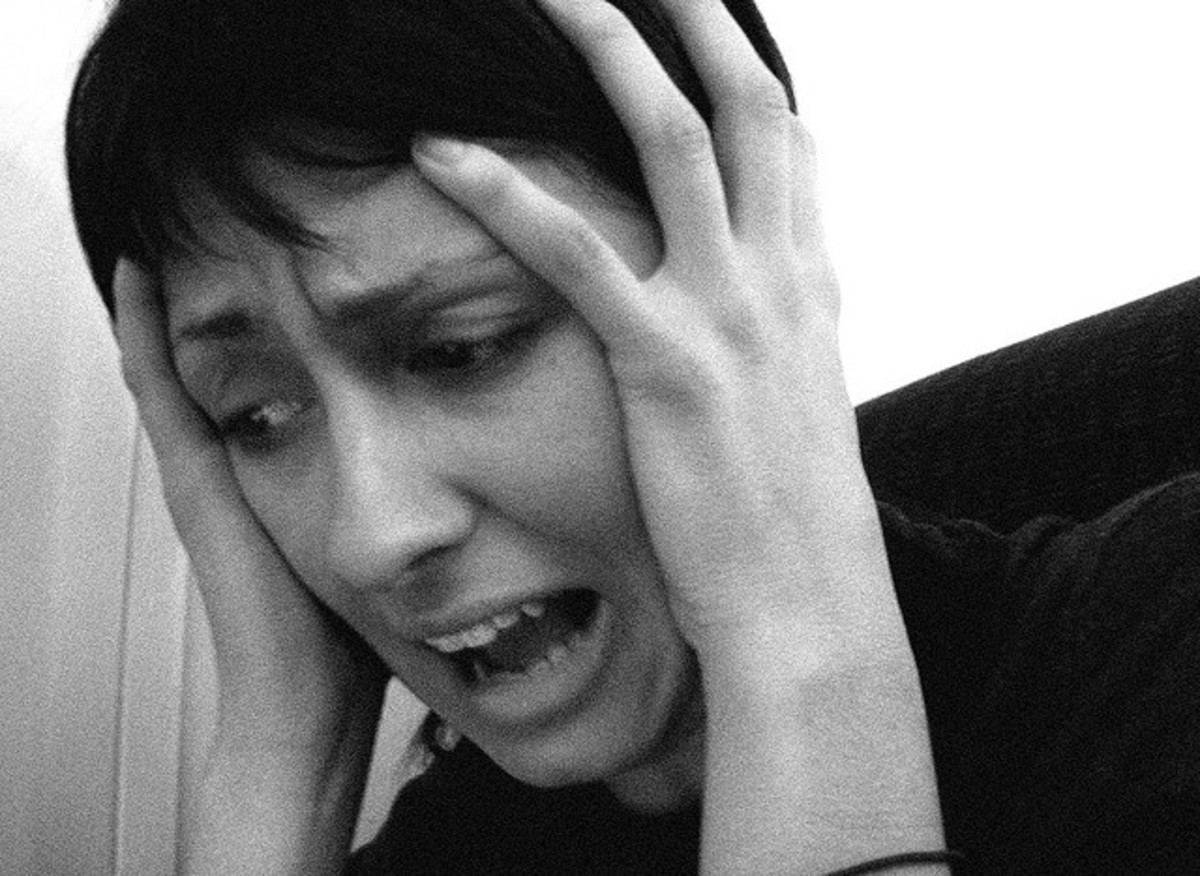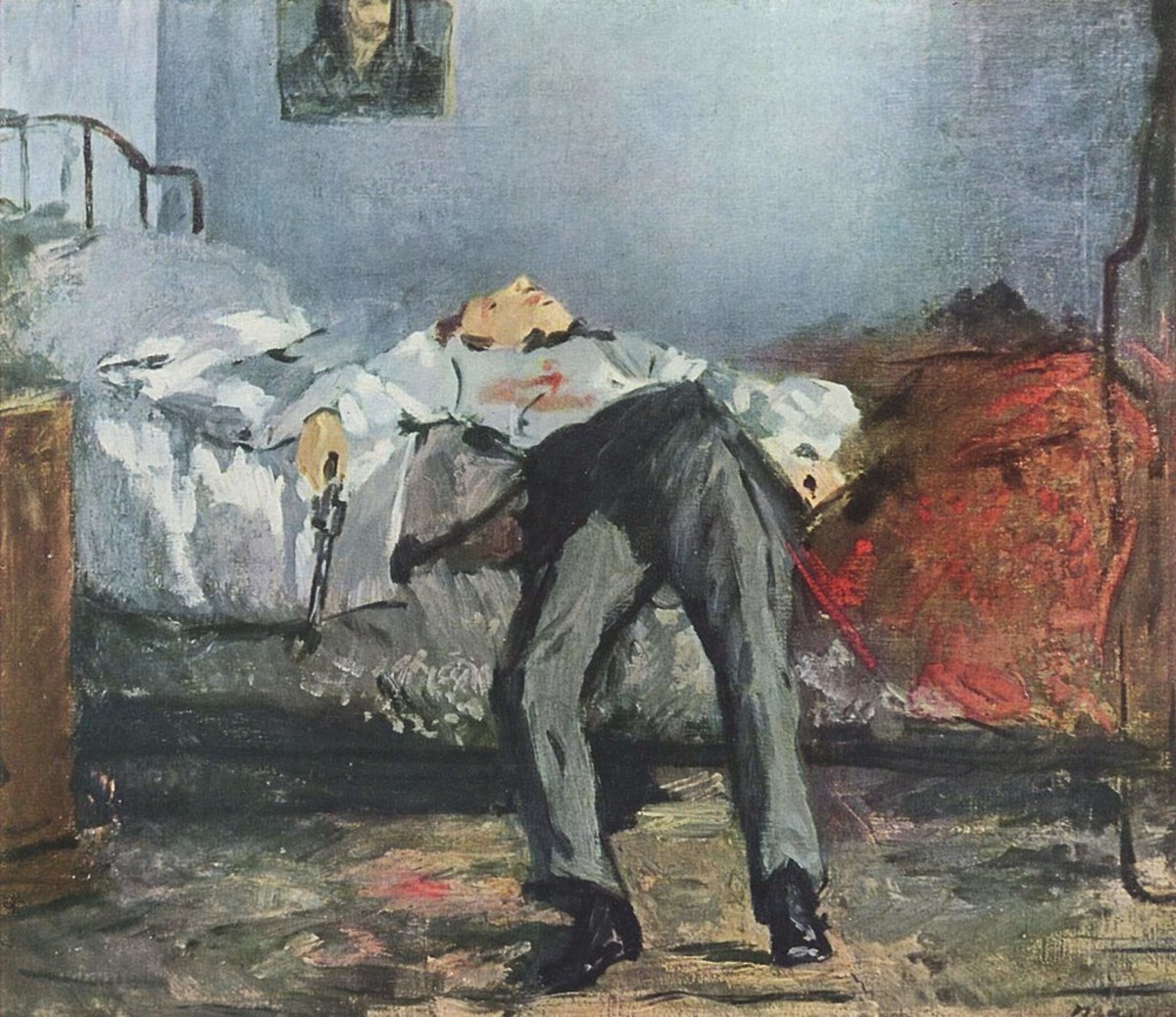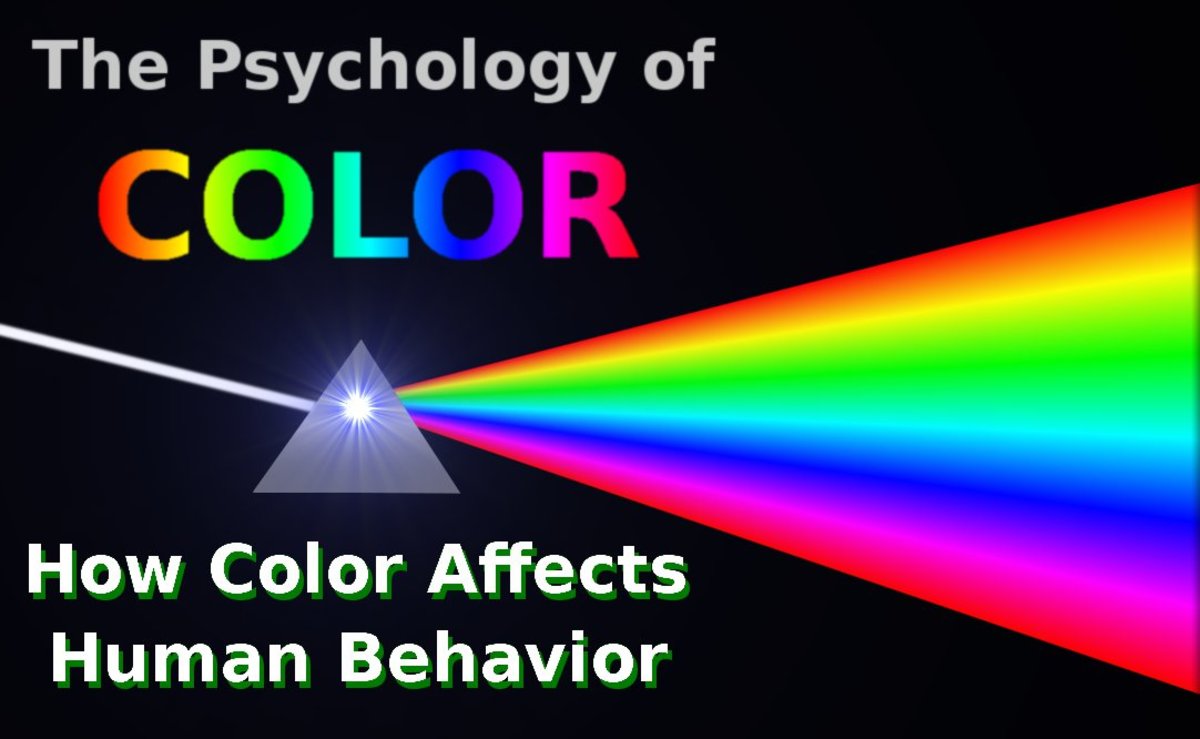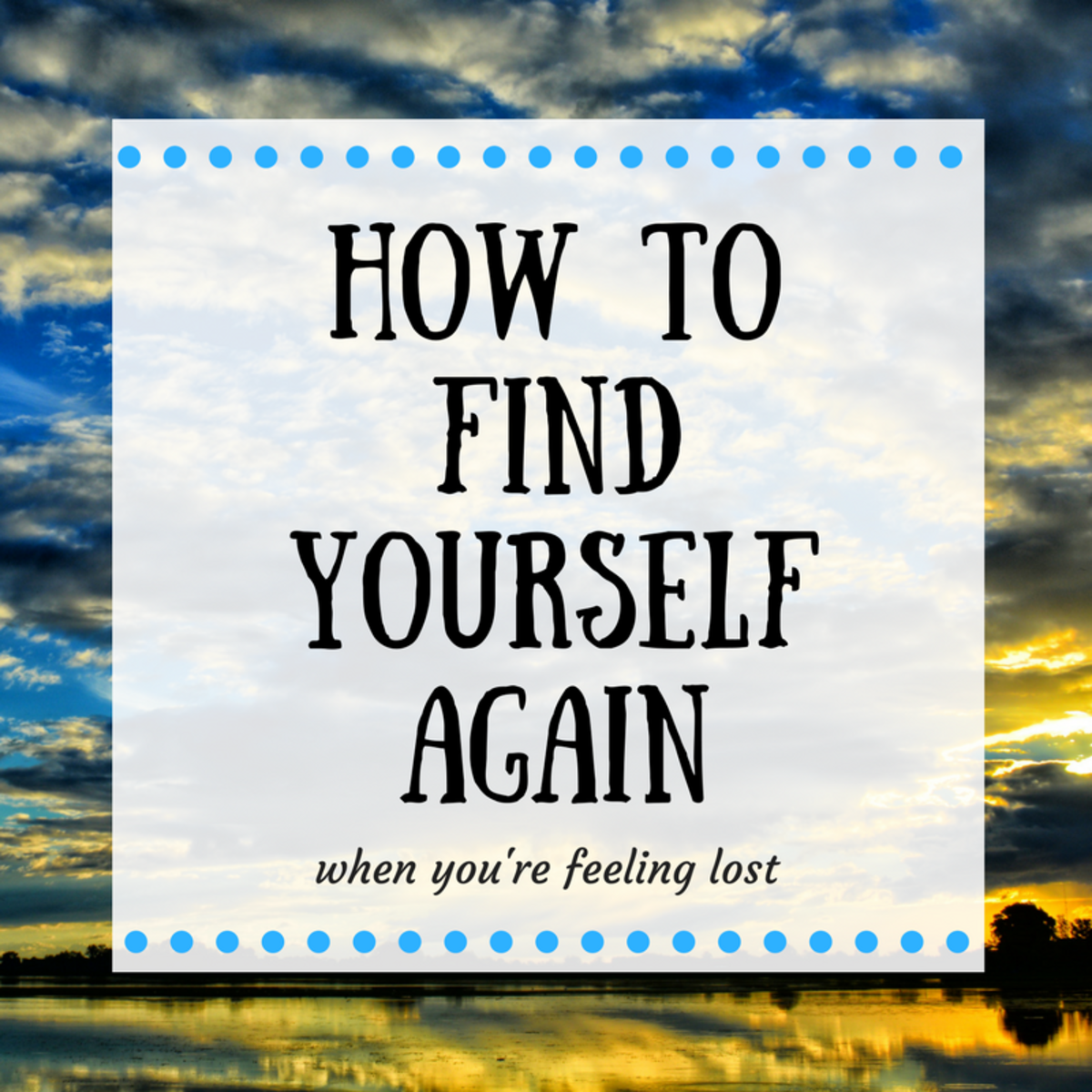Coping with Anxiety: Part 1
Anxiety Attacks

Panic Anxiety and Panic Attacks
First off, I'm no doctor; however, I did stay at a Holiday... okay, let's not start off with a horrible joke right off the bat, Chris. Let me start over.
Hi, my name is Chris and I suffer from anxiety panic attacks, and depression. Though I cannot say I'm anxiety free, I've learned to understand fear and not allow it control my life. If you think you're trapped within the prism of your own anxieties, you're not alone. I was there once and I believe I can help you regain control of yourself, so long as you are willing to listen. :)
So, let me begin by explaining my definition of anxiety, or more specifically, panic attack anxiety. To me, anxiety is the fear of fear. I will anticipate or think something drastically horrific is about to transpire and before I know it an anxiety attack emerges. Once the panic is there, it’s extremely difficult to "snap" myself out of it. What makes it even more devastating is the feeling of no escape. I'll often hide it and keep the feelings to myself. The mindset is, "if I don't think about it then it will just go away." Unfortunately that type of mindset actually makes things worse, creating a domino effect of highs and then lows. By highs, I'm referring to the extreme anxiety. And by lows I mean a depression or sapped of energy yet full of darkness. This, in turn, creates more anxiety. It's a continuous cycle of anxiety and depression that can last for hours, days, and if I'm not careful, weeks.
Do you experience some of these feelings? Does your anxiety feel like a constant cycle of nonstop bullshit? If so, how do we prevent it? What can we do?
I think the best course of action is… action. Don’t sit back and hope it will never come. Don’t wait for it and then react or try to suppress it. By then it’s too late. Fear has already won.
My Top Seven
The 7 Essentials
- Reflection
- Meditation
- The Big Three: Sleeping, Exercise, and Food
- Focus
- Setting Goals and Positivity
Anxiety Relief Meditation
Meditation and Reflection
The first two topics I will cover are reflection and meditation. They work hand in hand. I implore you to try what I like to call the 30 for 30. Meaning, reflect and meditate for at least 30 minutes a day for 30 days.
#1. Reflection
For reflection, go someplace quiet and then close your eyes. Reflect on the day or something in the recent past. Try to recall the times you were anxious, even the baby ones. Ask yourself, what you were feeling and why you felt that way. Really think about it. It’ll suck and probably cause some anxiety in the process, but it’ll be well worth it in the end.
#2. Meditation
Once you reflect on it, then it's time to meditate. Do it methodically. Analyze every part of your thinking process. Gather all the evidence that you have at your disposal, be it in research or in therapy. Then really look into yourself. Dig deep.
Ask yourself, what is it that makes you feel anxious? You may not get an answer. In fact, you probably won’t get one, at least not right away. Even if you don't, continue to do it everyday.
If anything, you'll feel better. Your mind will feel relaxed and much of your current anxiety will be diminished. I promise.
Don't Stress. Relax
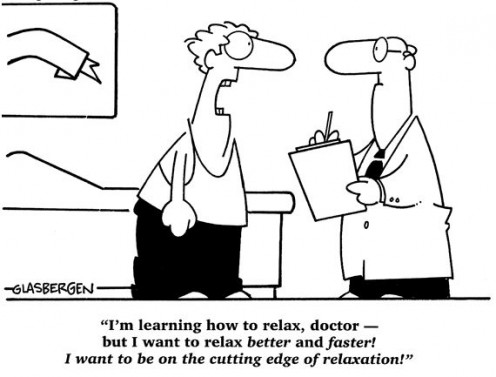
Reasons for Meditating
What are the benefits of meditation and reflection? How will this help your anxiety?
One: It actually relieves anxiety. If you're feeling anxious beforehand, meditation will help bring you anxiety relief. Do it. You'll feel better.
Two: It will be every single day. You’ll force yourself to engage and understand more about you. Once it’s trained, your brain will search for it automatically and you'll be one step closer to finding the answers you need.
Three: It’ll teach you to relax. You need to relearn how to be calm and be okay with how your body responds both when you’re anxious and when you are not. This way when an anxiety attack comes springing forward, you won't be overwhelmed by fear. Granted it'll still be extremely uncomfortable and it will suck royally, but at least you'll be able to cope with the anxiety.
Four: Meditation will help you understand fear. Fear is an emotion just like happiness, sadness, grumpiness, anger, etc. Ask yourself this: Do you fear grumpiness? Are you scared to be happy? You probably don't or you shouldn't. Meditation will give you better insight. You will begin to understand that fear is a tool in your arsenal and not some inner demon trying to cripple you.
Five: You’ll brain dump all that crap you’ve been holding on to all day or all night depending on when you meditate. If you meditate at night, then it will help you sleep. And if you do it early in the morning, than it'll help jumpstart your day. If you can, try to mediate both in the morning and at night. The more you do it, the better.
Meditate. Sit Back. Enjoy the View
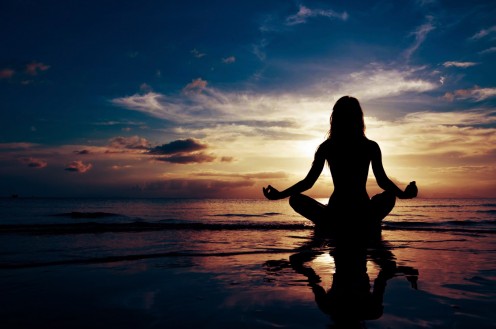
In Summary
I feel relaxation and meditation are the pillars to the healing process not just in matters dealing with anxiety or stress but also overall health. If you skip this step, then the rest of the anxiety relief methods will only partially help.
Remember:
- Try to do the 30 for 30: 30 minutes everyday for 30 days
- Relax and Reflect. Get in a relaxed state and reflect on your troubles, most importantly, your anxieties.
- Meditate. Analyze your feelings. Really dig deep and ask yourself why? Ask questions like: What makes you feel that way? Why are you scared?
- Persistence. Even if you don't get an answer continue to reflect and meditate. It'll come in time.
And please, if you suffer from anxiety and you wish to add to my little spiel or just speak your mind, then feel free to comment below.
Now onto steps 3-5 in my follow up article: The Big Three

